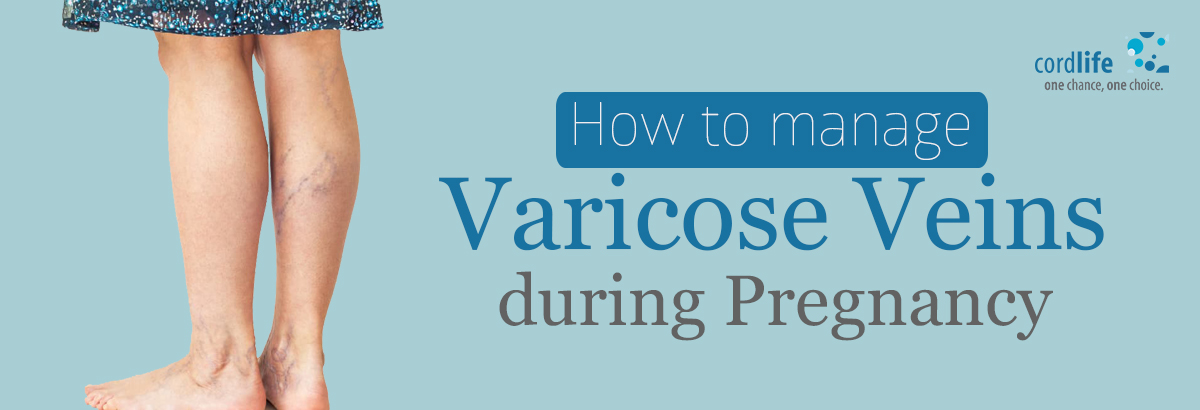Table of Contents
The nine months of pregnancy are great, but they come with some unpleasant physical changes. The expectant mothers often complain of varicose veins during pregnancy. Varicose veins are the swollen, twisted veins that are often visible on the legs. These veins can cause numerous discomforts, such as aching, heaviness, or even sharp pain in the area. Even though they aren’t always safe, they can affect your comfort and mobility. The good news is that there is a safe and effective way to manage them, while also maintaining good circulation.
Why Are Varicose Veins Happening in Pregnancy?
The blood volume in your body increases during pregnancy. While this is very important for growth and development, it also causes more pressure on the veins. Meanwhile, the hormones relax the blood vessel walls, making it easier for the veins to get larger. In case your family has a history of varicose veins, you are more likely to get them. Long hours of standing, carrying too much weight, or multiple pregnancies can also raise the risk.
What Are Varicose Veins in Pregnancy?
Some women only observe that veins become prominent and bulge on their legs. Painful varicose veins during pregnancy include signs like throbbing, itching, and burning. The swelling feets that occurs at the ankles are also among the common symptoms. In a number of cases, women report heavy legs after standing or walking. Early recognition of these signs will help manage the condition before it turns for the worse.
How to Reduce Varicose Veins Naturally
Not every case of varicose veins requires medical treatment. Quite a few lifestyle changes could alleviate the symptoms and improve blood circulation.
- Become Active – Gentle exercise, such as walking and yoga, before birth typically energises the flow of blood and diminishes the pressure on the veins.
- Raise Your Legs – You may get some relief when you elevate your legs above your heart level for about 15 minutes several times a day.
- Change Positions Regularly – Do not stay in the same position, standing, or sitting for a long time. If your work requires you to sit, then keep flexing your ankle and stretching often.
- Sleep on Your Left Side – This prevents putting pressure on the big vein that carries blood back to your heart.
- Cold Compresses – Place a cool cloth over the affected area to reduce swelling.
- Hydration – Staying hydrated keeps your blood thin, minimising the chances of clotting.
- Balanced Diet – High fibre food is the main factor that prevents constipation, reducing excessive pressure on the veins.
Essential Oils – The circulation may get better as you do a gentle massage with lavender or cypress oil, but still, you must check with your doctor first.
These practices not only lessen varicose veins but also alleviate pregnancy blood circulation problems. The remedies fit most expecting mothers and are usually safe; nevertheless, they should always be approved by a healthcare provider.
Supportive Wear – Compression Socks
Wearing the best compression socks for pregnancy can make a huge difference. The specially designed socks apply a small pressure on your legs, allowing the blood to flow easily back to the heart. There are various styles and strengths of them. So it’s very important that you find the most appropriate one for your needs. It is also believed that the use of compression socks can help alleviate the problem of swelling, leg fatigue, and control leg pain during pregnancy under control.
When to Visit a Doctor for Pregnancy Varicose Veins
Most situations will get better after the delivery. However, there might be a necessity for medical assistance in some cases. Please, see your doctor if you experience:-
- Intense pain or swelling in one leg
- Dark spot in the area around the veins
- Ulcers or open sores near your ankles
- A sharp, sudden pain in the calf
Modern pregnancy varicose veins treatment comprises minimally invasive procedures, but in most cases, the treatments are delayed till after delivery.
Varicose Veins Prevention During Pregnancy
In order to prevent varicose veins in pregnancy, you can:
- Maintain a healthy weight by eating a balanced diet.
- Do not wear tight clothes around your waist and thighs.
- When sitting or lying down, keep your feet a little higher than the level of your heart.
- Do light exercises and keep up with this habit throughout your entire pregnancy.
These small adjustments in your lifestyle can make your veins stay longer in a better condition and feel little or no discomfort at all.
Key Takeaways
Varicose veins are one of the common problems during pregnancy, yet they don’t have to trouble your daily routine. You may alleviate the inconvenience to a great extent by following the doctor’s instructions, like staying active, elevating your legs, and using supportive wear such as compression socks. Natural remedies can also be used concurrently with the above methods. Additionally, knowing when to ask for medical help will ensure comfort throughout the journey of pregnancy. With proper care, you will be able to enjoy the arrival of your baby rather than enduring the discomfort of swollen veins.

